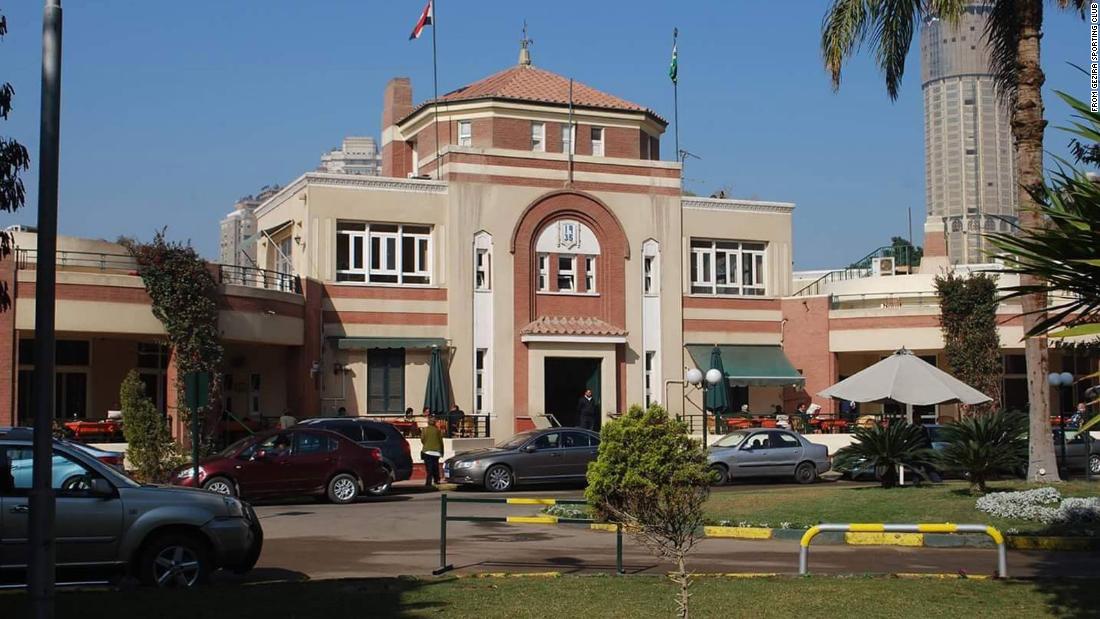The cakes caught the attention of the authorities after a Facebook message showed how a group of women ate them during a birthday party in an exclusive Cairo community club, the state newspaper Al-Ahram said on Monday.
The baker was arrested and later released from custody after posting bail of EGP 5000 ($ 318), the semi-official newspaper Akhbar el-Yom said.
The photos of the women eating cupcakes with penises and vagina-shaped ice creams at the Gezira Club circulated widely on Facebook this week, sparking debate among Egyptian social media users.
“After investigations, it was possible to determine the manufacturer of the sweets … security services were able to detain her in her home in Cairo where she used her house to manufacture the sweets,” Al-Ahram said.
The Ministry of Youth and Sport is investigating this.
‘We will not be indulgent [with our decisions]”” Mohamed Fawzy, spokesman for the ministry, told a news program on Egyptian television.
Egypt’s top Islamic religious body, Dar al-Ifta, has also issued a statement saying that sexual innuendos on cakes are religiously forbidden and legally criminalized, calling the incident a “blatant violation of societal values.”
The incident caused a stir among Egyptian social media users and was the culmination of the country’s first talk show.
Some on social media criticized the women involved, calling for more authorities to take action, claiming the incident was an attack on ‘family values’.
But others supported and criticized Egypt’s slow response to sexual harassers, rapists and abusers compared to the measures taken against the women.
Since ruling in 2014, Egyptian President Abdel Fattah el-Sisi has passed a number of laws that have tightened government control over the internet.
One piece of legislation strengthened the government’s ability to target social media as part of its ongoing efforts to counter opposition, including the categorization of social media accounts with more than 5,000 followers as public websites and therefore worthy of oversight. .
Last week, an Egyptian appeals court overturned imprisonment for two well-known TikTok influencers in a conspicuous public morality case.
Haneen Hossam and Mawada Eladhm have been charged with ‘violating family values and principles and setting up and managing online accounts to commit this crime’.
They were initially sentenced in July 2020 to two years in prison, and each was fined 300,000 EGP (approximately $ 19,000 USD).
